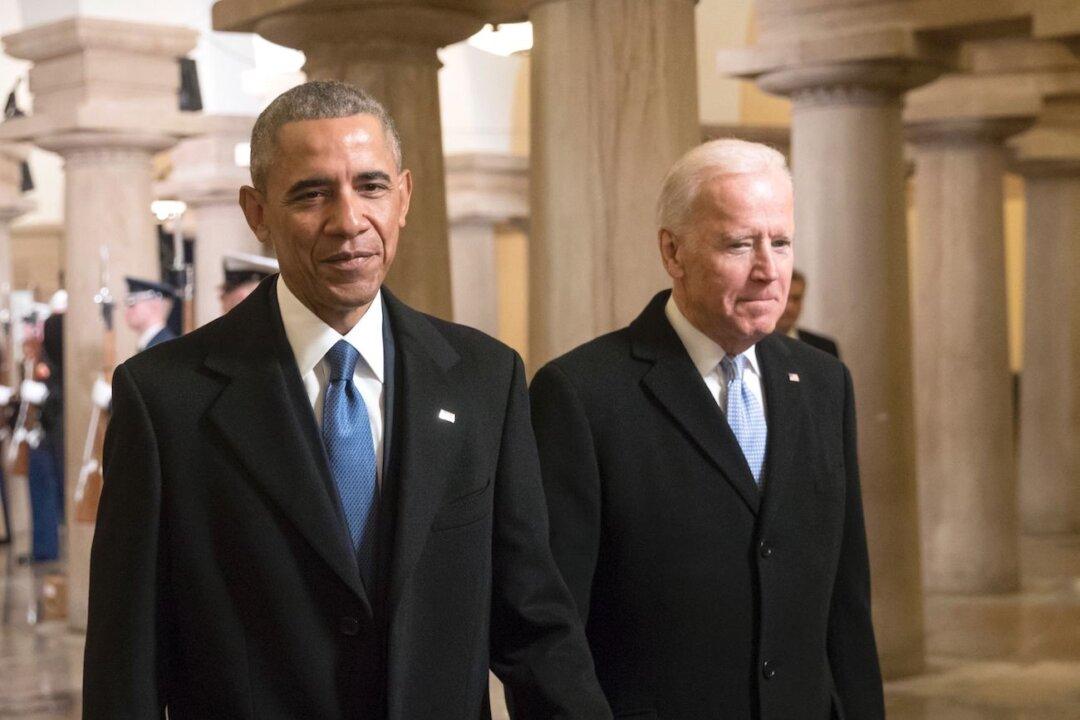Commentary
When embattled freshman Rep. Marjorie Taylor Greene (R-Ga.) took to the U.S. House floor Thursday morning in advance of a chamberwide vote to possibly strip her of all committee assignments, she spoke through a face mask embroidered with that most iconic of all American rallying cries: “FREE SPEECH.” Greene thus followed in the footsteps of many others on the right who respond to a domineering and increasingly illiberal ruling class with rote proceduralist appeals to free speech and open discourse—whether in the context of media/academia-driven “cancel culture,” ideologically homogenizing Big Tech censorship or elsewhere.





